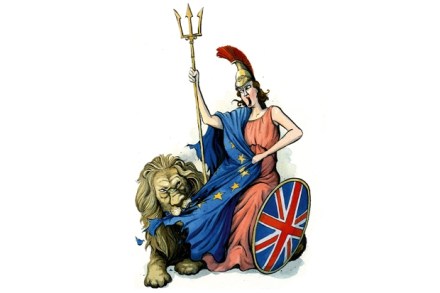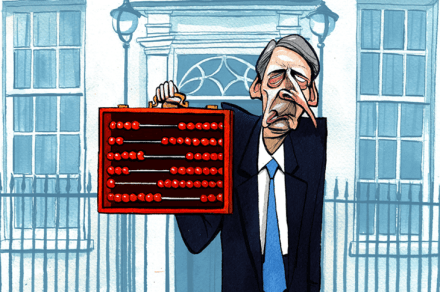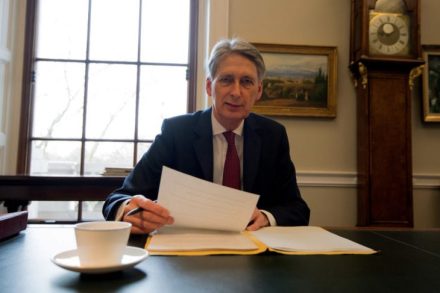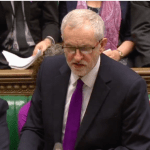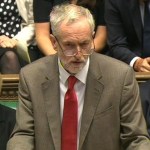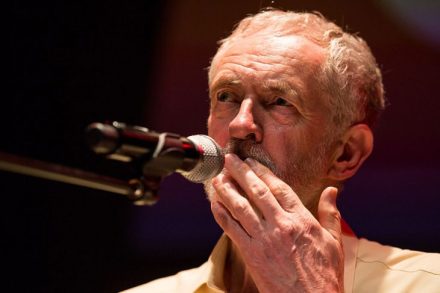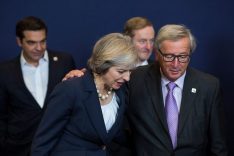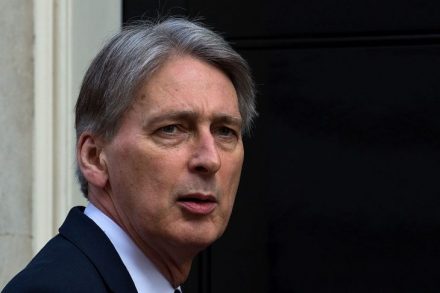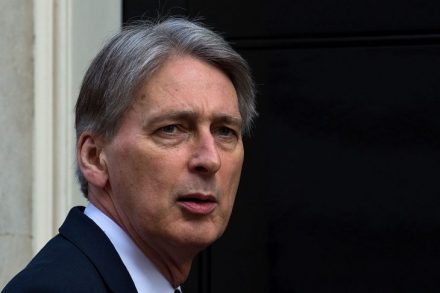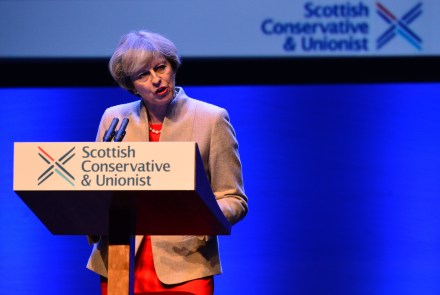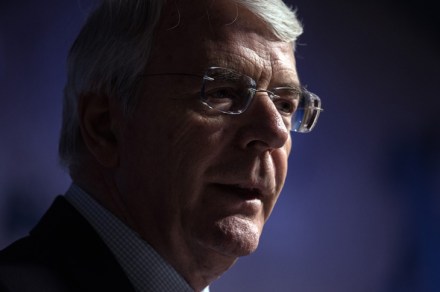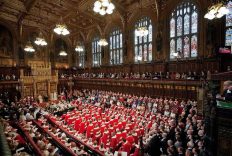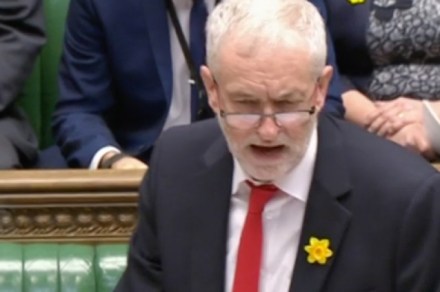Beware the cult of Brexit
In their frequent moments of self-congratulation, conservatives describe themselves as level-headed and practical people. If there were a scintilla of truth in the stories they tell themselves the government would not think of activating Article 50 this week. Unfortunately, for our country, actual conservatives and mythical conservatives have next to nothing in common. Unconstrained by a political opposition and egged on by a Tory press that makes Breitbart seem like a reputable news service, modern Tories resemble no one so much as the right-wing parody of left wingers: utopian, contemptuous of detail and convinced the world owes them a living. No practical government would invoke Article 50 this week, this
